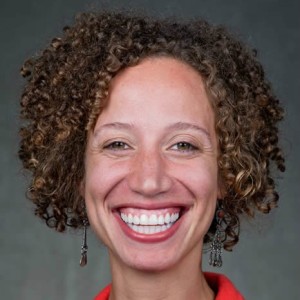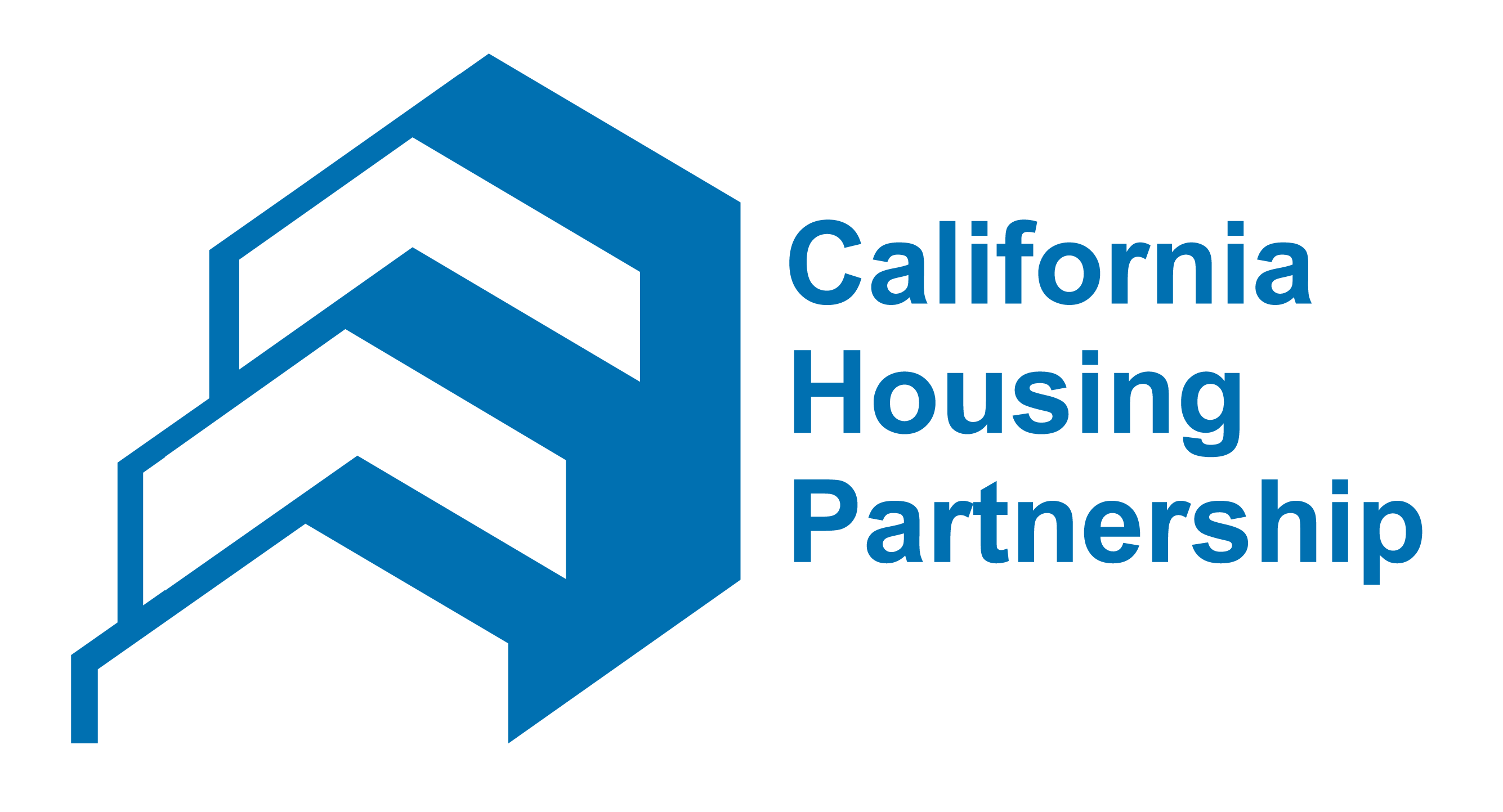
Consistent access to energy usage data is a transformative tool for reducing energy consumption at multifamily properties. Data enables building owners to target the most cost efficient energy upgrades and ensure the long-term sustainability and affordability of properties. Further, benchmarking is often a prerequisite for participating in federal and state energy efficiency and renewable incentive programs in order to establish a baseline against which realized savings can be measured. The U.S. Department of Housing and Urban Development (HUD) may also soon begin requiring owners of certain HUD-assisted properties to benchmark. Yet, historically, building owners attempting to obtain this information routinely encountered a range of inconsistent utility protocols and practices with respect to obtaining tenant and utility consent.
Overcoming barriers to obtaining energy data will soon be a lot easier in California. As of January 1st of this year, multifamily building owners now have access to whole building aggregated energy data, thanks to Assembly Bill 802 (AB 802) (Williams). The California Energy Commission (CEC) is very close to releasing the final regulations, which will dictate the information that building owners will need to submit a data request, and how utilities will be required to deliver energy data. The regulations also cover the new statewide benchmarking program, which applies to multifamily buildings over 50,000 square feet.
While we’re waiting for the CEC to finalize its regulations, whole building energy data is technically available now. This blog post provides an overview of who qualifies for data access and benchmarking under AB 802, and where you can find more information on submitting requests in the interim. Keep in mind that these details may change in the final version of the CEC regulations, which will likely be released in mid-2017. CHPC will keep GREEN members up-to-date, as we know more information.
Overview of AB 802 Eligibility Requirements
Data Access
To be eligible for whole building energy data access under AB 802, buildings must have 5 or more residential utility accounts. For any building with less than 5 utility accounts, building owners must obtain authorization from each tenant. In order to receive data, eligible building owners will have to provide certain identifying information to the utility. Click here to see what the CEC’s draft regulations are proposing that building owners provide.
Benchmarking
In addition to providing access to data, AB 802 also puts into place a statewide benchmarking requirement for residential buildings with 17 or more utility accounts and over 50,000 square feet of Gross Floor Area. The CEC draft regulations propose that building owners deliver this information to the CEC via ENERGY STAR Portfolio Manager beginning in 2019. If a building owner is already complying with a local benchmarking ordinance (e.g. City of Los Angeles benchmarking ordinance), the draft regulations propose that owners will not be required to re-submit their benchmarking information to the CEC.
Submitting Data Requests
Below, you will find investor owned utility contact information regarding submitting data requests. It is important to note that while data is technically available, utilities will likely not have their systems completely up-and-running until the final regulations are in place.
Pacific Gas & Electric (PG&E)
Website (Benchmarking portal scheduled to go live later in Q1)
E-mail: benchmarking@pge.com
Phone: (800) 743-6617
San Diego Gas & Electric (SDG&E)
E-mail: benchmarking@semprautilities.com
Phone: (800) 336-7343
Southern California Edison (SCE)
E-mail: benchmarking@sce.com
Phone: (626) 302-0511
Southern California Gas (SoCalGas)
E-mail: SCGBenchmarking@semprautilities.com.
Phone: 1-800-427-2200
AB 802 has the potential to offer many benefits to multifamily buildings owners and the low-income residents they serve. However, understanding how to request energy usage data from utilities and how to comply with the state-benchmarking component will be a learning process. Rest assured that in the coming months, the California Housing Partnership in collaboration with the Green Rental Home Energy Efficiency Network and Energy Efficiency for All will continue to advocate that building owners serving low-income communities have the resources they need to take advantage of AB 802.
Please contact me at cmccormack@chpc.net if you have questions about AB 802, would like to learn more, or have experiences with requesting energy usage data that you would like to share.
